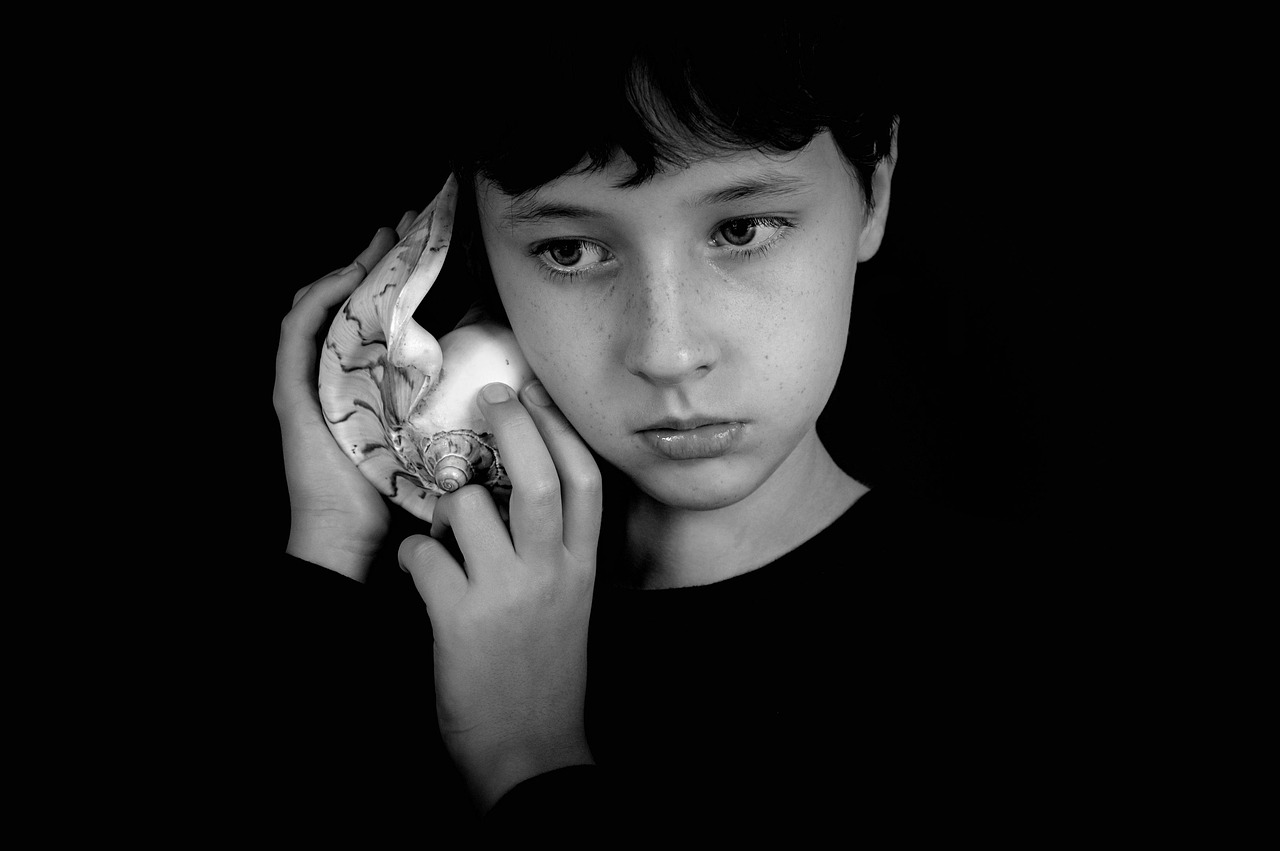Following Part 1’s explanation of what depression is and how to spot it, Part 2 offers clear advice for parents on what to do — and avoid — when supporting a teen who may be struggling. Since depression presents differently in everyone, there’s no universal fix. But these approaches can help build a foundation of trust and care before seeking professional help.
Just Listen

Avoid jumping in with advice or assumptions. Teens with depression often don’t need solutions — they need someone to truly listen without judgment or interruption. Focus on hearing them out, rather than planning your response.
Don’t Judge

Even if they’re silent or speaking in a way that doesn’t make sense to you, don’t push for clarity or try to “make sense” of their emotions. Depression is often hard to explain, even for the person feeling it. Let silence be part of the conversation if needed.
Keep an Open Mind

If you’ve never experienced mental illness, challenge your own stereotypes. Depression doesn’t mean someone is “crazy” or dangerous. Like any illness, it can range in severity, and it doesn’t define a person’s worth or identity.
Treat Them Normally
Avoid tiptoeing around the person or treating them as fragile. Isolation can worsen depression, so maintaining everyday connections is important. Speak with them as you would anyone else — kindly, honestly, and respectfully.
Don’t Blame Yourself or Them

Parents might blame themselves or believe they’ve failed. Teens might be told their problems stem from karma or lack of spiritual discipline. But depression isn’t anyone’s fault. It’s caused by a mix of biological, social, and psychological factors. Avoid framing it as a moral or spiritual failure.
Talk About Mental Health Openly

Start conversations early and often — not just when problems arise. Making mental health a normal topic of family discussion helps prevent shame and opens the door for honesty. Talking can be the first step to healing.
Seek Professional Help

If you’re concerned, don’t wait. Have a calm conversation and consider professional guidance. There’s no perfect family, and no shame in getting expert support. Mental illness is no less real than a broken limb, and it deserves the same care and attention.
Final Thought
Supporting a teen with depression starts with empathy, not expertise. Open dialogue, patience, and professional help can make all the difference.













